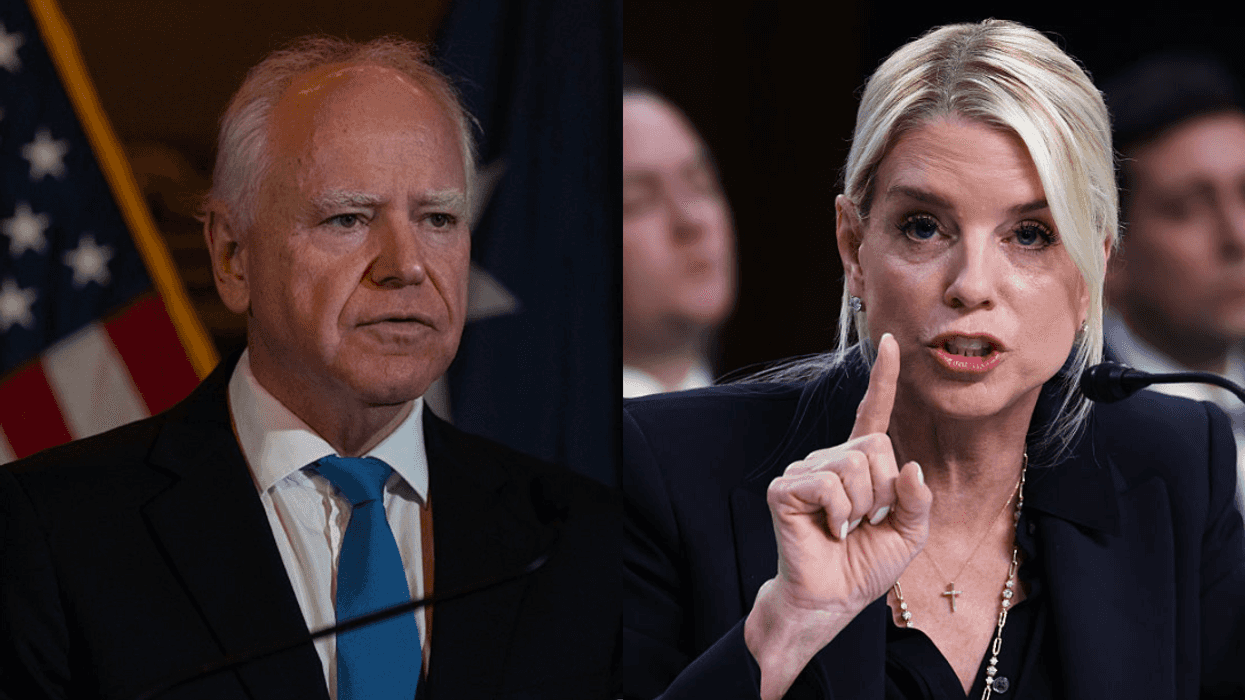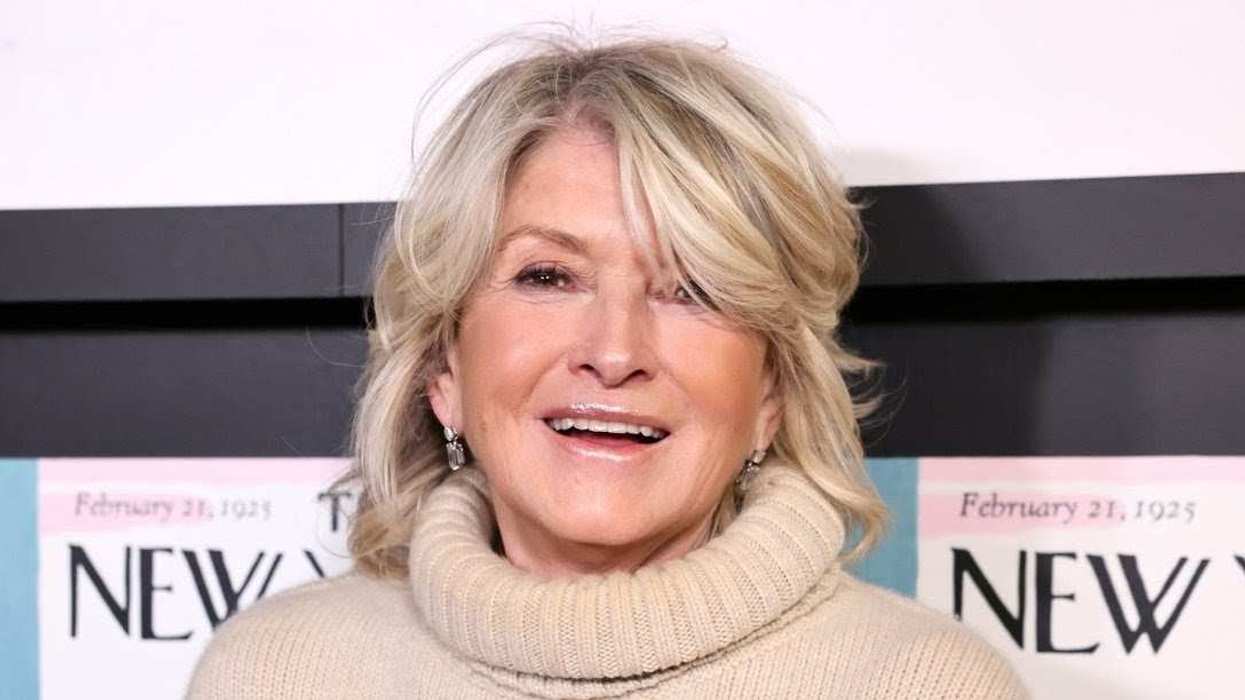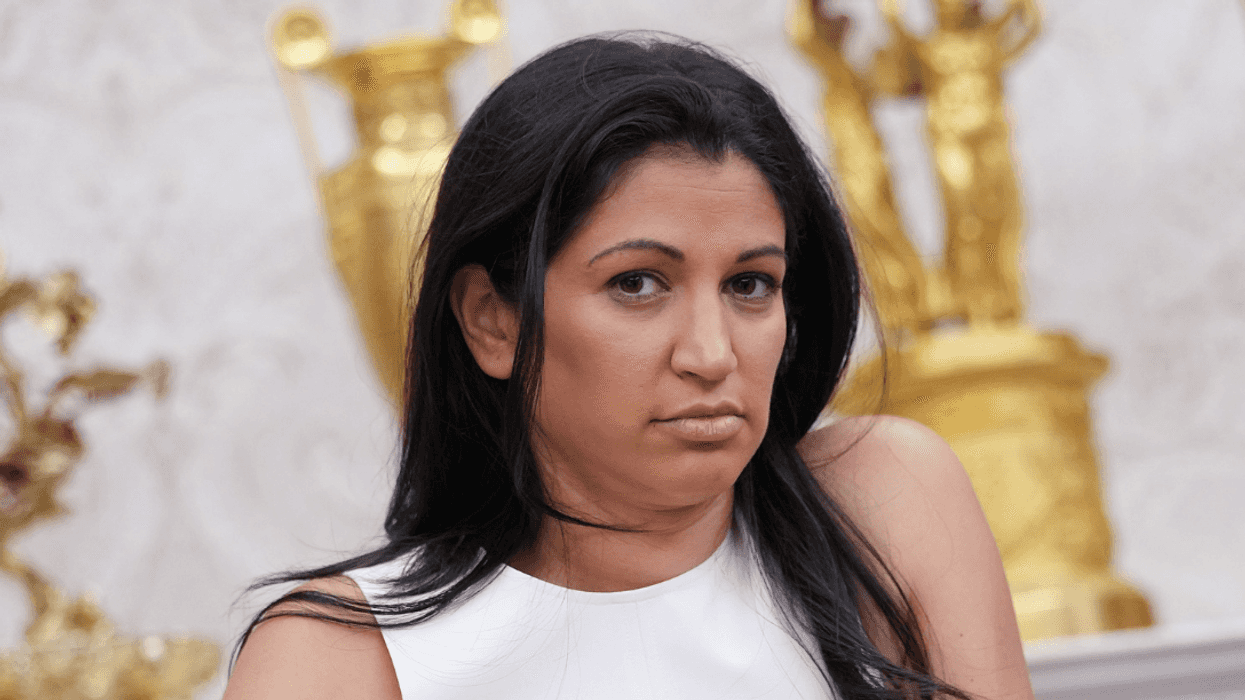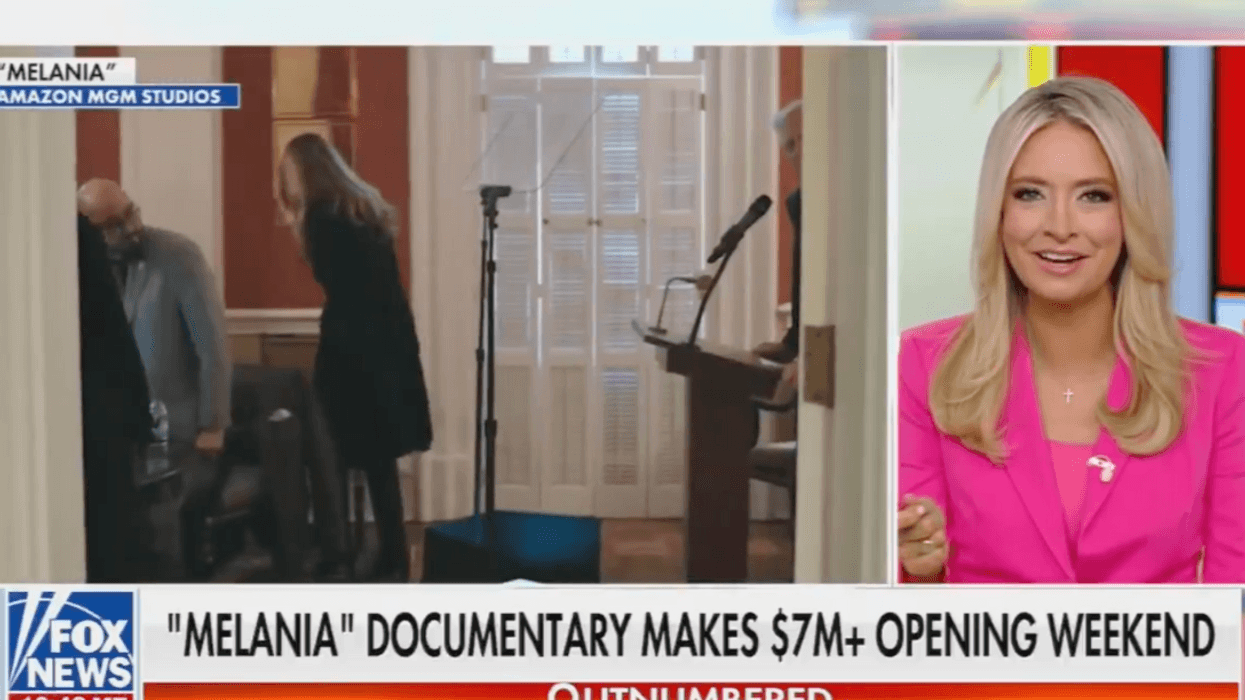The tempestuous confirmation hearing of President Donald Trump's Supreme Court nominee Judge Brett Kavanaugh has been peppered with protests and points of order. Among the chief criticisms from Democrats of the Senate Judiciary Committee is the concealment of thousands of Kavanaugh's documents from his time as Staff Secretary during the George W. Bush administration.
Members of the Senate Judiciary Committee were permitted to view the documents, but they were forbidden from disclosing their contents outside of the committee. Democratic senators repeatedly called for the release of these "committee confidential" documents until lawyers for Bush and the Department of Justice relented on certain documents Wednesday night.
Now, the Democrats are racing to get the information to the public, with many taking to Twitter to do so.
Some, like Ranking Member of the Senate Judiciary Committee Senator Dianne Feinstein (D-CA) are calling out apparent contradictions between Kavanaugh's emails and the statements he made under oath.
Senator Patrick Leahy (D-VT) called out Kavanaugh for this contradiction as well.
The two senators are referring to 11th Circuit Court of Appeals Judge William Pryor who was appointed by George W. Bush in 2004. Pryor once called the 1973 Roe v. Wade decision "the worst abomination in the history of constitutional law."
Kavanaugh's own stance on the decision is coming under immense scrutiny. This is only exacerbated by evidence that he may have lied under oath at his own court of appeals hearing in 2004. There, Kavanaugh insisted that he did not facilitate or otherwise have involvement with Pryor's appointment. As the documents tweeted by Feinstein and Leahy show, this appears to not be entirely true.
Feinstein doubled down on her criticisms by tweeting another email published by the New York Times in which Kavanaugh claims some judges may not consider Roe v. Wade as settled law and that they could overturn precedent any time. The statements in his email are in diametric opposition to the sentiments he expressed in his hearing.
The contradictions have incited a stir across social media.
The Pryor case isn't the only instance in which Kavanaugh is accused of lying under oath. Senator Leahy again accused Kavanaugh of lying under oath in 2003 on whether or not he had prior knowledge of or access to documents stolen during the "Memogate" scandal that year, in which Republican staffers stole confidential memos from the Senate Judiciary Committee. The scandal occurred during Kavanaugh's time in the George W. Bush White House. These files of aides to Judiciary Committee senators (including Leahy himself) were first leaked to Kavanaugh's colleague Manuel Miranda.
Kavanaugh's reaction to Leahy's thorough questioning about the scandal seemed suspect to some.
Leahy and Feinstein are just the beginning of Kavanaugh's problems, with Senators Cory Booker (D-NJ) and Mazie Hirono (D-HI) using committee confidential documents to their advantage as well.
Senator Booker made waves Thursday morning when he vowed to release a committee confidential email of Kavanaugh's that appeared to minimize the need for comprehensive racial discrimination policies, despite the alleged possibility of Booker losing his job.
And later this morning, he did just that.
And later, he released more:
Senator Mazie Hirono also released documents directly related to Kavanaugh's beliefs on Native Hawaiians, whom Hirono represents.
Hirono was not about to allow this.
While the consensus still appears to be that Kavanaugh will be confirmed, it's clear that Democrats on the Senate Judiciary Committee are refusing to surrender.



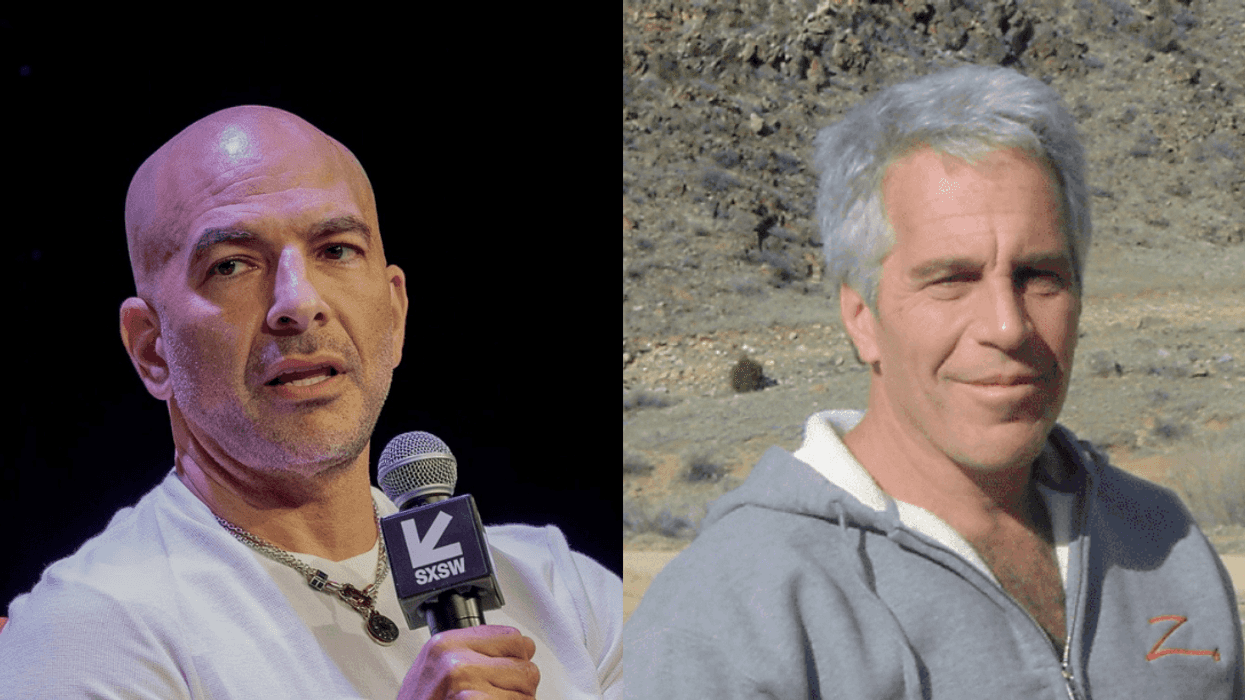




 @WUTangKids/X
@WUTangKids/X @WUTangKids/X
@WUTangKids/X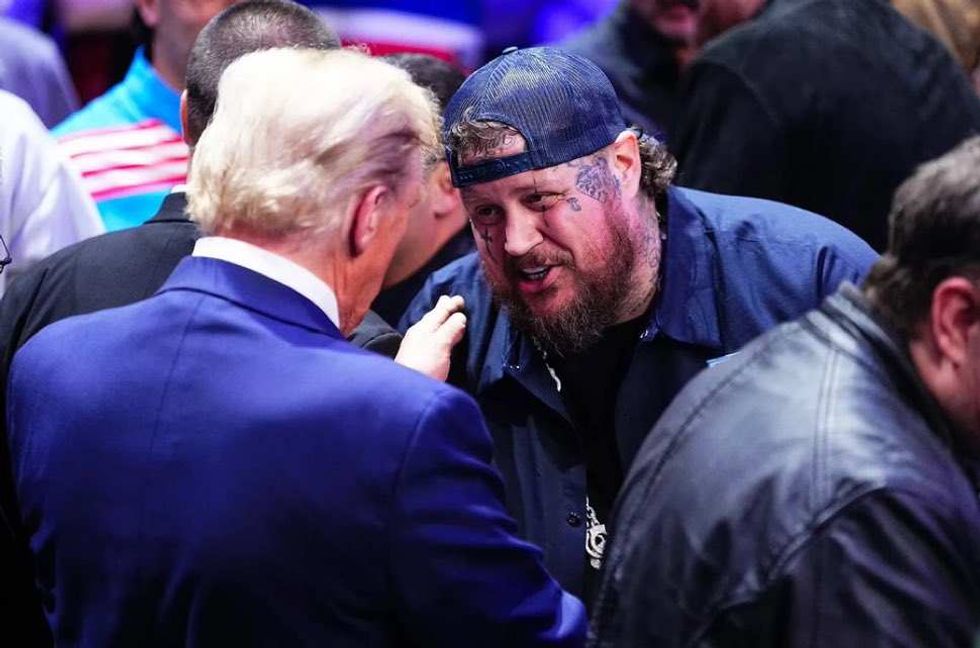 @WUTangKids/X
@WUTangKids/X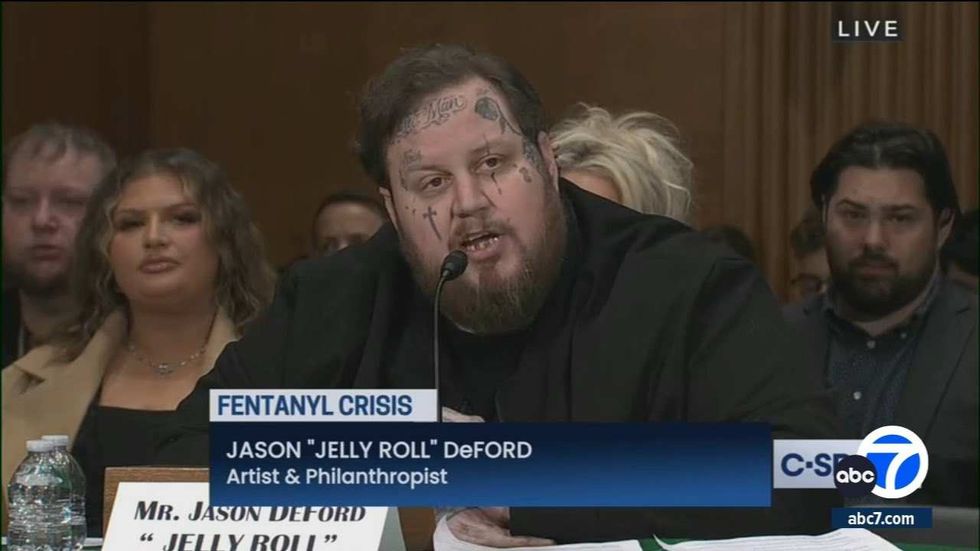 @WUTangKids/X
@WUTangKids/X
